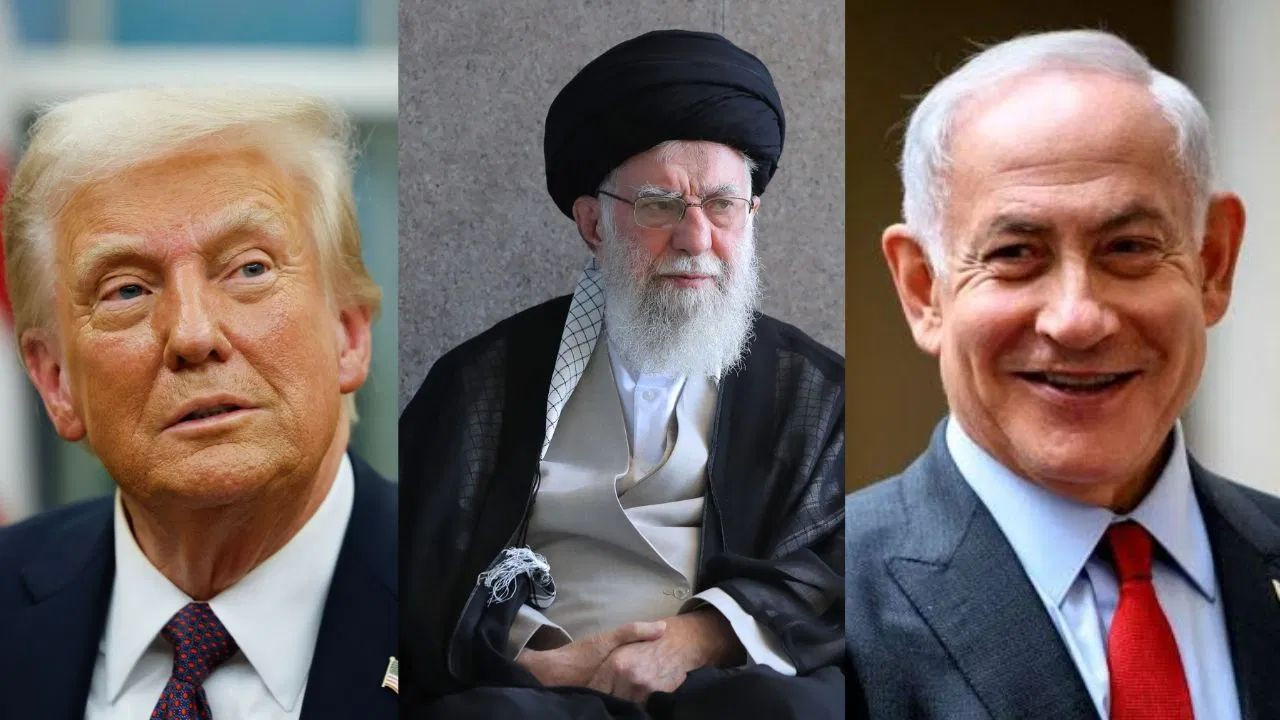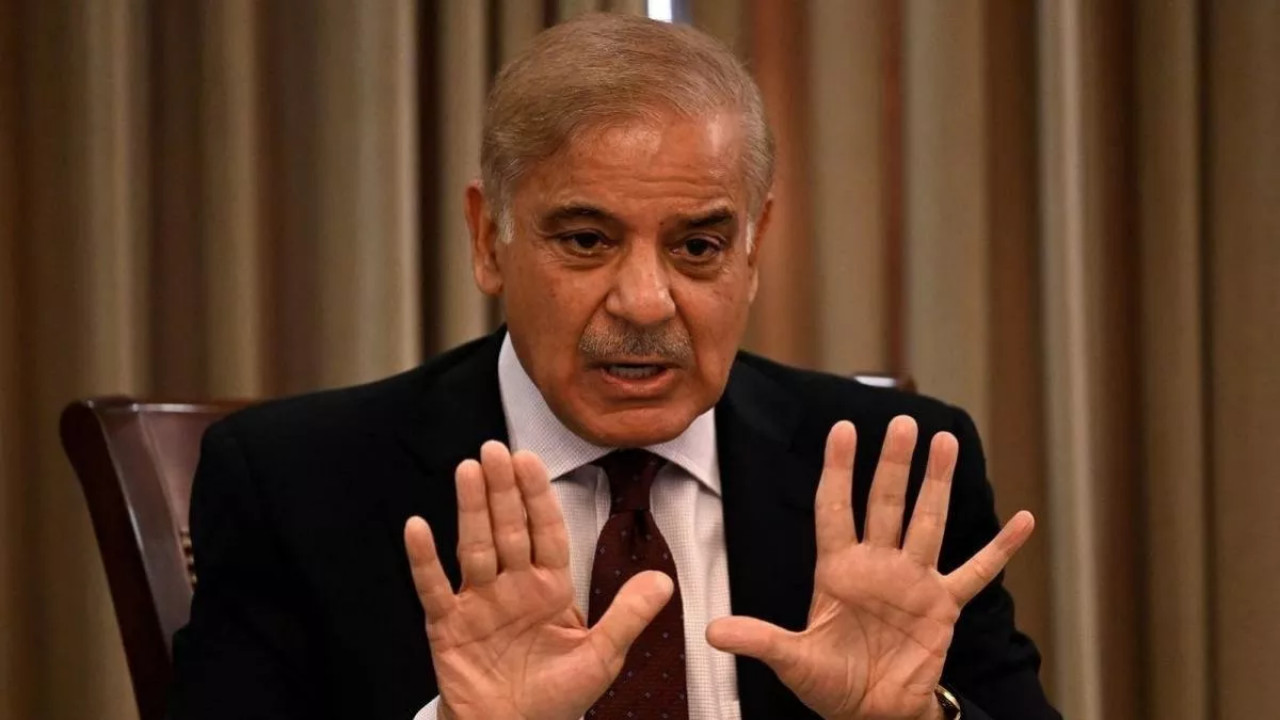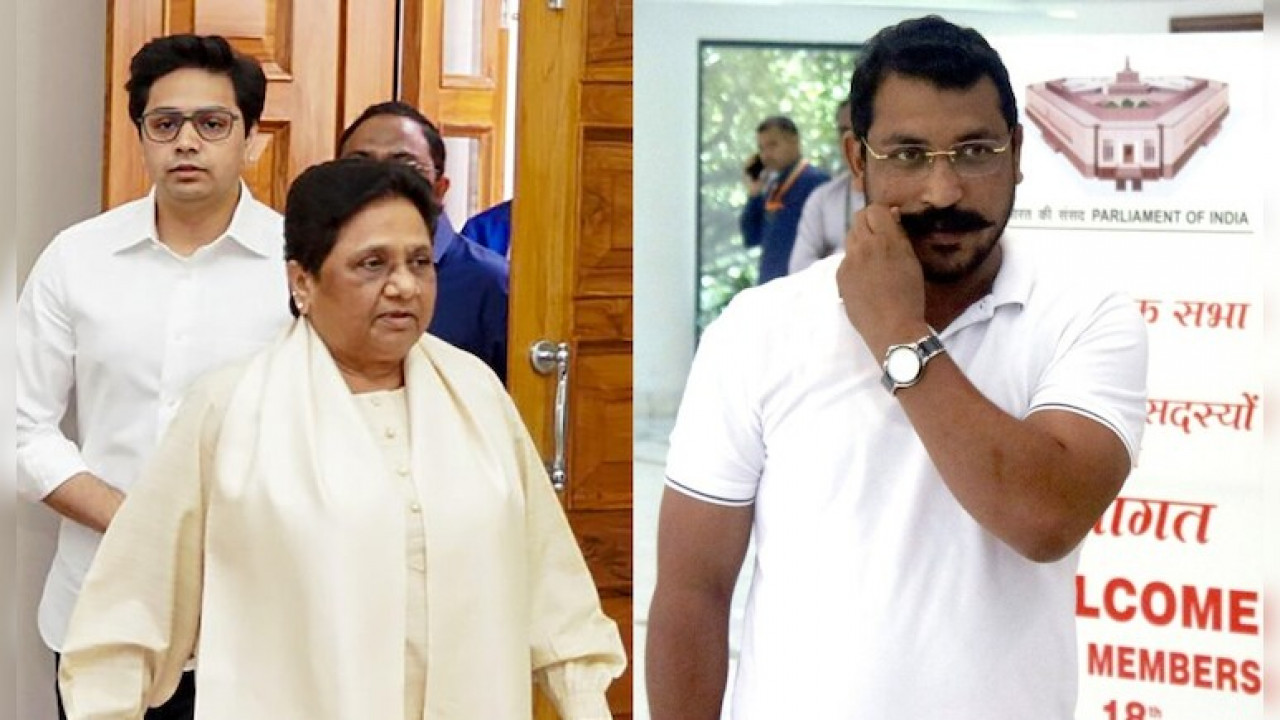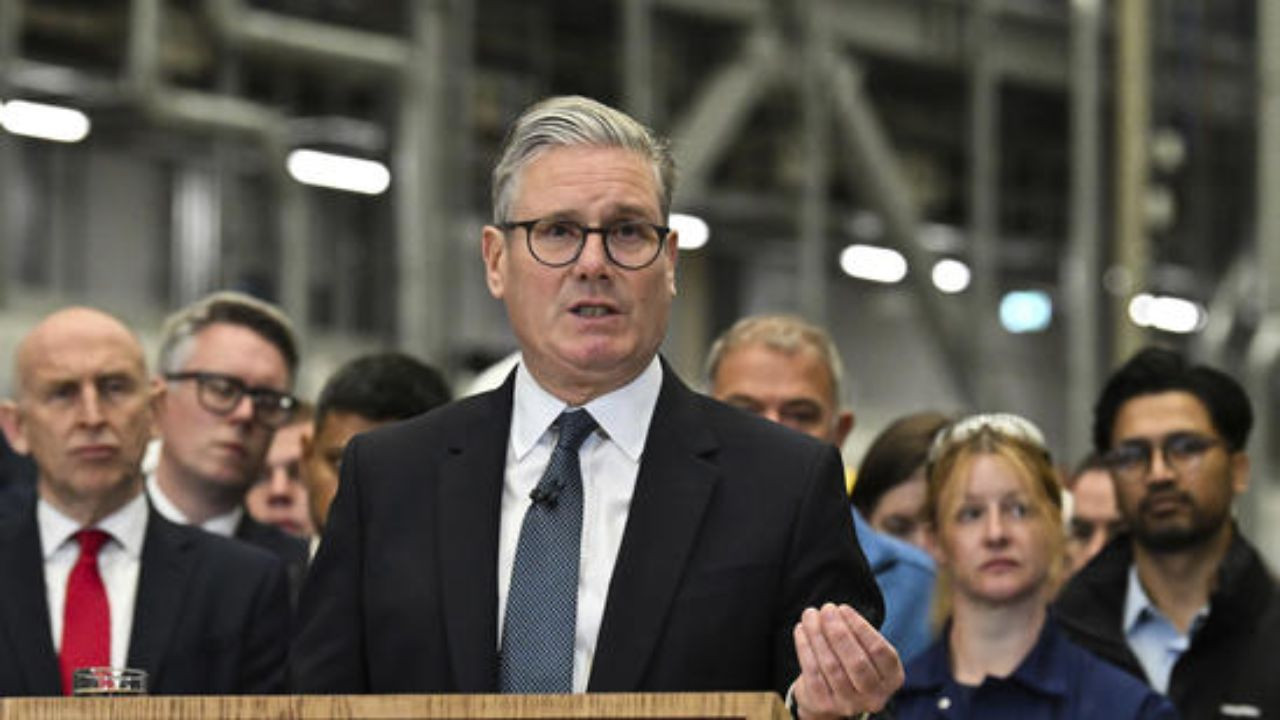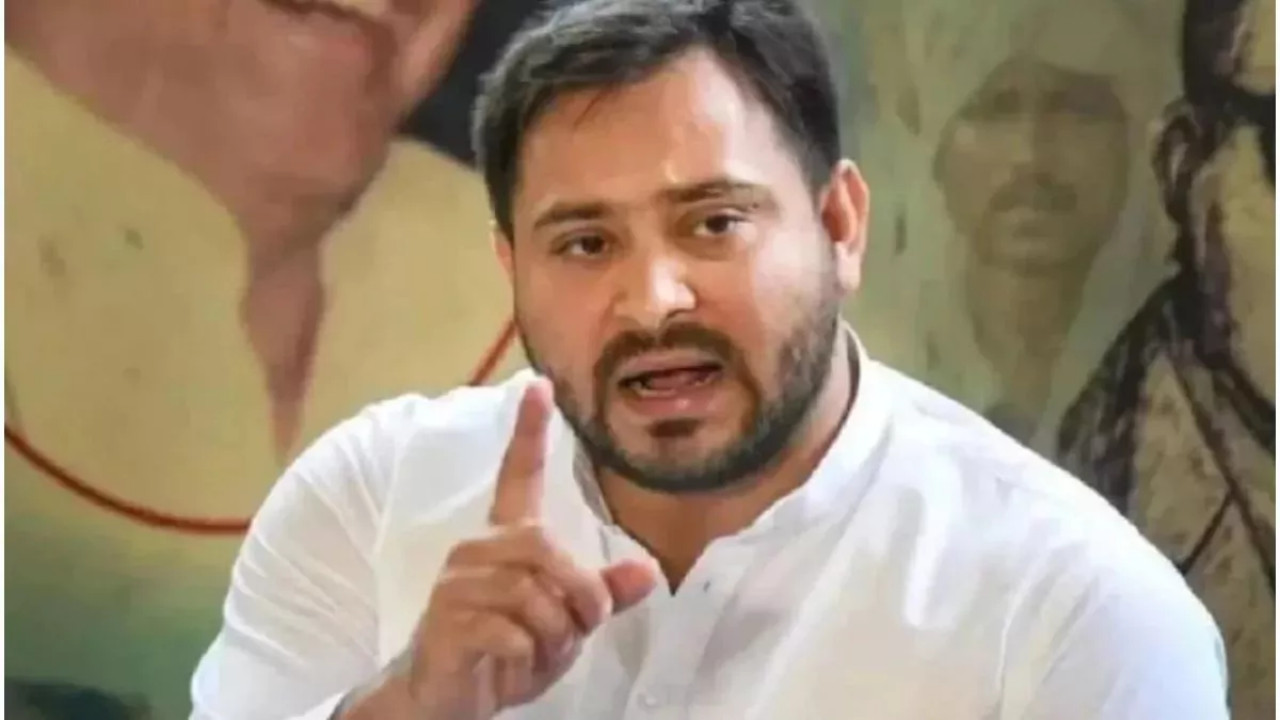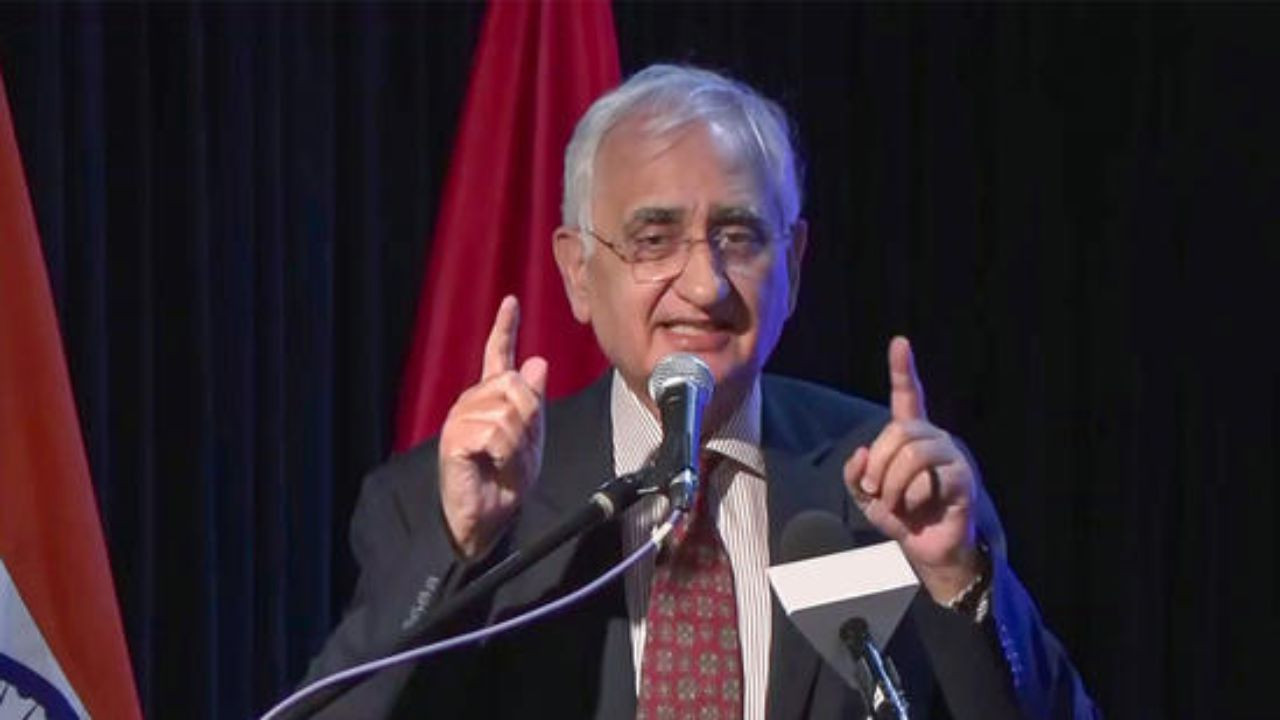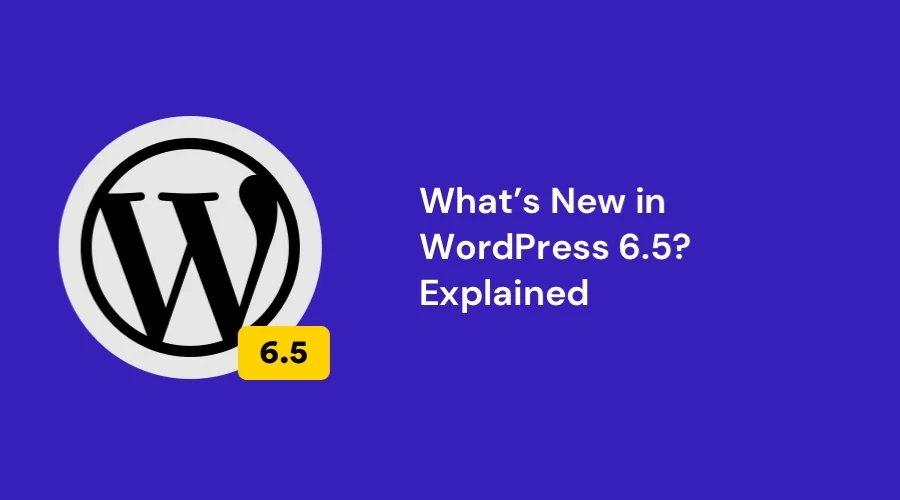In a dramatic shift from his earlier hardline stance, U.S. President Donald Trump is now pushing aggressively for a nuclear agreement with Iran, even as Israeli Prime Minister Benjamin Netanyahu continues to oppose such negotiations. The move comes amid alarming revelations from the International Atomic Energy Agency (IAEA), which has confirmed that Iran has amassed uranium enriched up to 60 percent just a step away from the 90 percent threshold required for nuclear weapons.
Trump changes course on Iran strategy
Trump, who previously adopted a confrontational approach toward Tehran, is now favoring diplomacy. While his earlier policies involved sanctions and threats to deter Iran from advancing its nuclear ambitions, the current administration’s tone has taken a significant turn. The U.S. is now holding back-channel talks with Iranian officials, with the Gulf nation of Oman acting as mediator.
This shift in strategy has sparked tensions with Israel, one of America's closest allies in the Middle East. Prime Minister Netanyahu has repeatedly voiced his disapproval, warning that a nuclear deal would only embolden Iran. Despite Netanyahu's objections, Trump has continued talks, signaling that the path of diplomacy is more likely to succeed in curbing Iran’s nuclear threat than military action.
IAEA report raises global alarms
According to the latest report from the IAEA the United Nations’ nuclear watchdog Iran currently possesses uranium enriched to 60 percent purity. Although still short of the 90 percent needed for weapons, nuclear experts warn that the remaining leap is minimal and can be achieved rapidly if Iran decides to cross that threshold.
The report has added urgency to Washington's efforts. The accumulation of such high-purity uranium suggests Iran has the technical capability and materials needed to assemble a nuclear weapon in a relatively short period. This new reality appears to have influenced Trump's decision to pursue talks over confrontation.
Israel’s Growing Frustration
Netanyahu, however, remains unconvinced. He has issued multiple warnings against allowing Iran to continue its enrichment program and has even threatened unilateral action if diplomacy fails. Despite his warnings, U.S. officials have cautioned Israel against any military strike on Iran, fearing it could derail the delicate negotiations and spark widespread instability across the Middle East.
The Stakes Couldn’t Be Higher
As Iran edges closer to becoming a nuclear-capable state, the geopolitical stakes are rising. A military conflict could plunge the entire region into chaos, while a successful deal could stabilize one of the world’s most volatile flashpoints. For now, all eyes are on Washington and Tehran, as high-stakes diplomacy unfolds in the shadows of rising uranium stockpiles.



